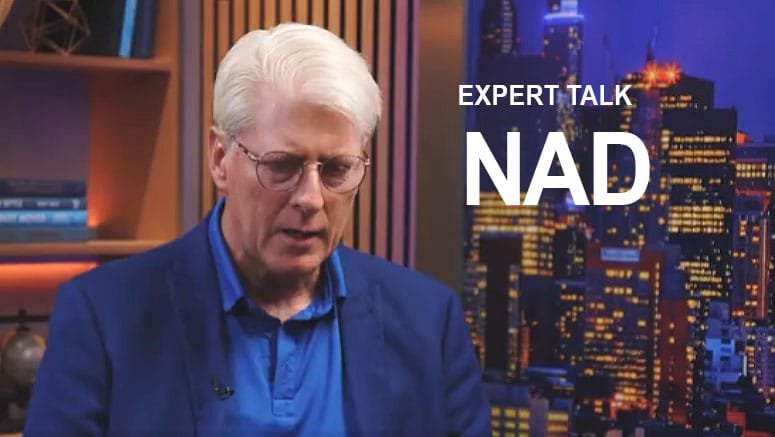
How does one be completely subjective while taking a Homeopathic intake?
The first time I hear and or see a new patient I am listening with all my senses. Many times I do not even know that I am subtly perceiving differences in this patient compared to all other patients and all the life experiences that I have had. I use all of my experiences all the time in everything I do in life, it is inevitable. These experiences can both help us or hurt us from perceiving the true disharmony in a patient. We must slowly over time learn how to use all of our consciousness and experience without entering any of our own judgments or perceptions to color the true essence of our patient. This is hard to do, but the more accomplished we become at this the faster and more efficiently we will find the correct homeopathic remedy (medicine) for them, the one remedy that will completely resonate with every part of them (the symillimum) and eliminate all disease: physical, mental and emotional.
There are a number of ways of staying out of our own way when assessing the patient. The first is to question the patient relentlessly in many different ways until we are sure we understand exactly what they may mean and be experiencing. Not our interpretation of what they have told us or have experienced. I do this by writing down all the exact words of the patient so I can go over them later and draw a deductive map out of what they have said. I usually say nothing for the first part of the interview where the patient is sharing information with me. I believe that if I let the patient speak unencumbered for a while this will usually give me almost everything I need to find their medicine. If I interrupt their train of thought or am too fearful to sit through the long silences waiting to see what they will say next, the results are usually not good. During this time I will make questions in the sidelines to come back to later. At the end of the interview I will ask many questions that will qualify and quantity anything that I did not understand and also go over concomitants and modalities that they did not talk about, such as: what is your favorite foods, food dislikes, fears, do you typically run hot or cold, R or L sided, sleep patterns, how do you drink water, dreams especially recurrent… All this information is necessary to narrow down the remedy search from 2000 to 1.
The remedies can exhibit very subtle nuances so the more exact one is the easier it is to use the massive software system that cross-references the 2000 remedies all of their symptoms and provings and analyzes the data using over 700 volumes of homeopathic literature dating back to 1789. Another tool that really helps me to know if I have entered in any of my own biases is meditation. I try to do 2 hours each morning after I wake up. This slows down my mind enough so that I can remain still and really listen to what is being recounted to me. This also entails not being so attached to things in the society which frees one’s mind to be in the moment at any given moment. The last step is to “know” your patient in such a way that you can “see” them as the remedy you have chosen for them. One can find many symptoms from their patient and enter them into the computer and find a remedy that looks perfect on paper but will not do a thing when given. The remedy must “fit” the patient. This comes from experience.
Sincerely, Dana Churchill, N.M.D.




